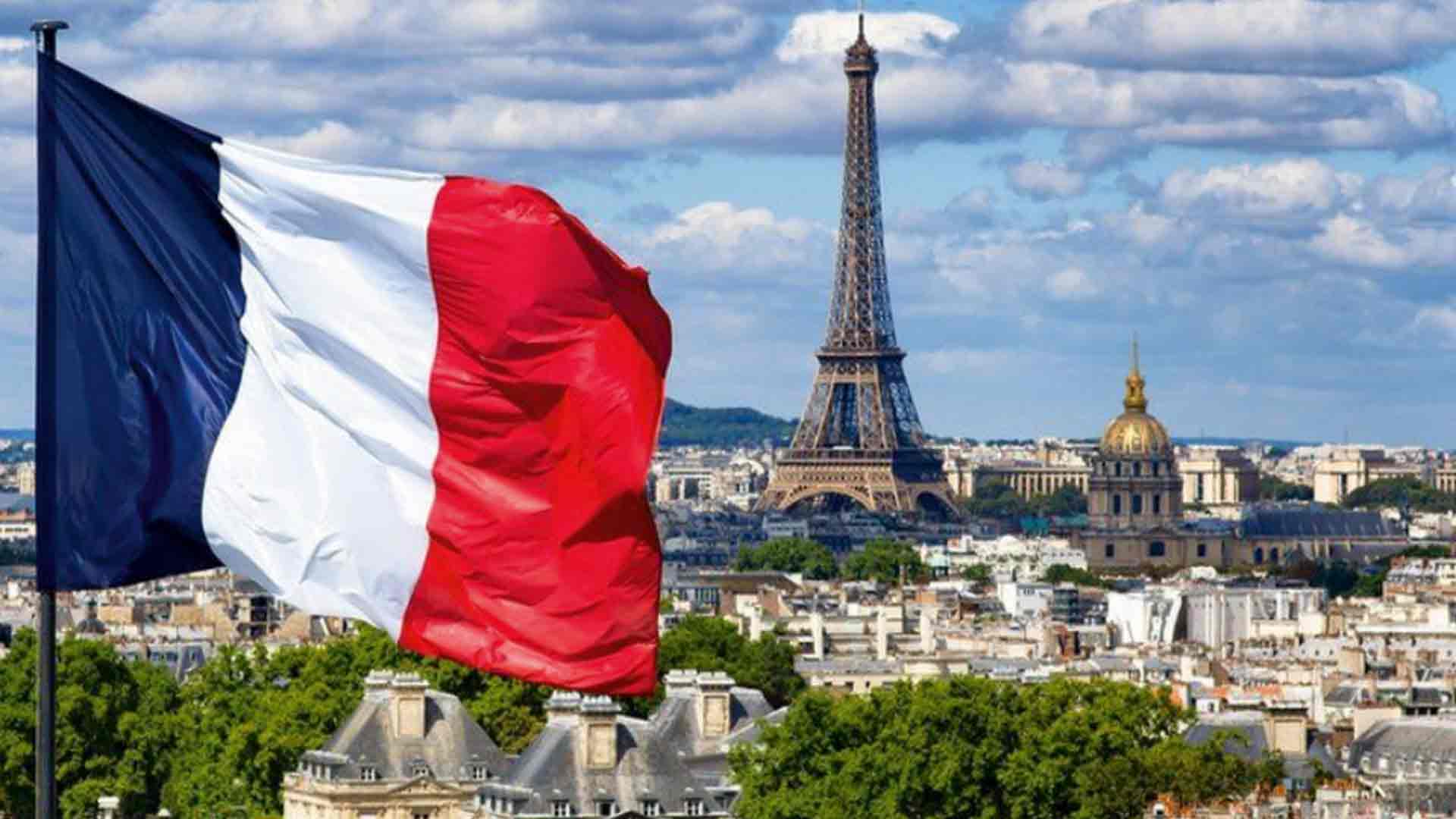You are viewing your 1 free article this month. Login to read more articles.
France's book sales fall in 2024 as year ends on 'bleak' note
French publishers’ book sales fell an estimated 3% after inflation in 2024, accelerating a trend that began in 2023, according to Vincent Montagne, president of the French Publishers Association (Syndicat National de l’Edition, SNE) and chair and CEO of Media Participations.
Speaking at the SNE’s traditional New Year reception on 9th January, he said 2024 had been “a difficult year", even though foreign rights sales grew and there were exceptions to the gloom, notably in literature.
Figures released last Friday by market research firm NielsenIQ x GfK showed that 23 million French people, out of a population of more than 68 million, bought at least one book last year. Secondhand copies accounted for a stable 18% of the total and e-books under 5%. The data comes from a panel of more than 8,500 points of sale, including 1,100 independent booksellers.
Montagne regretted that neither a law to enshrine a two-year-old agreement with authors societies, nor a project to remunerate secondhand books have “progressed as expected”. This is despite culture minister Rachida Dati keeping her job in the third consecutive government since January 2024. Erratic education policy in the past few years has been bad for “textbook publishing and learning to read”, he added.
On the positive side, the new booktracker Filéas involving all players in the book industry has been launched, and measures to reduce the sector’s carbon footprint are underway, he added. Montagne dismissed the notion that artificial intelligence pits culture against innovation.
Ahead in the first half of 2025 is the creation of a mediation commission to resolve disputes between publishers and authors, and the return of the annual Festival du Livre to the Grand Palais near the Champs Elysées on 11th to 13th April. Morocco will be the guest of honour, and 450 publishers will exhibit, 100 more than in the 2024 event, he said.
Continues…
For independent booksellers, 2024 was difficult for outlets of all sizes and in all regions, including the usually buoyant city of Lyon, said Alexandra Charroin-Spangenberg, who was elected president of the French Booksellers Association (Syndicat de la Librairie Française, SLF) last September. She succeeded Anne Martelle, who was the first woman to occupy the post.
Larger shops normally fare better in a downturn, but last year the decline was across the board. The SLF’s Observatory panel of 470 booksellers showed a 2024 drop of 0.9% in turnover and 2.4% in the number of copies sold, which was partially offset by an average 1.6% rise in book prices.
End-of-year sales were exceptionally bleak. Charroin-Spangenberg, who is joint manager of the Librairie de Paris bookshop in Saint-Etienne in central France, believes this is due to France’s political instability. The day after President Emmanuel Macron announced the dissolution of parliament in June, bookshops were totally deserted the next day, and since then fears of economic turmoil due to the country’s massive financial deficit have eroded consumer spending, she added.
The outlook for this year is bleak. Uncertainty hangs over the Culture Pass for adolescents – which generally represents 3% to 5% of indies’ sales – and publishers are slow to agree to more generous discount terms and a slight increase in transport costs will come on top of higher rents and insurance.
In his general policy speech yesterday, Prime Minister François Bayrou gave culture only passing mention. Next will be the 2025 draft national budget in the next few weeks, which should have been voted into law by 31st December of last year.
“We are not expecting miracles from the government,” said Charroin-Spangenberg.



















